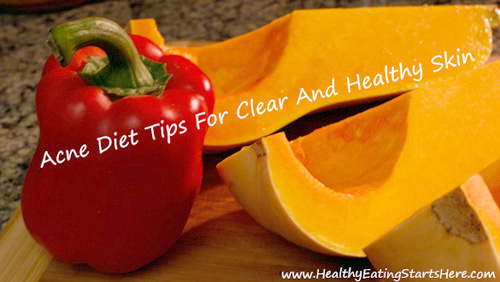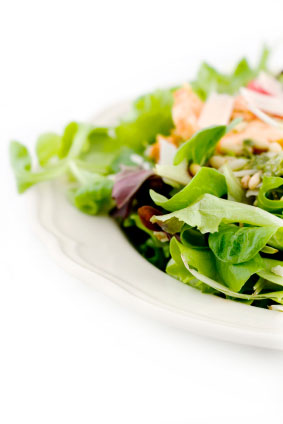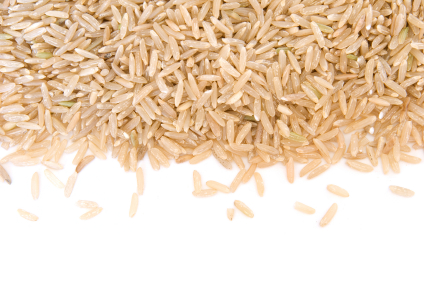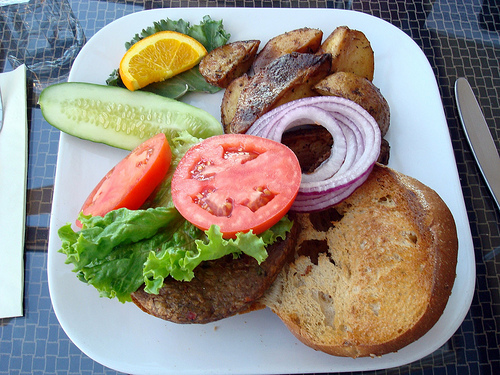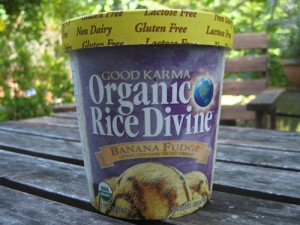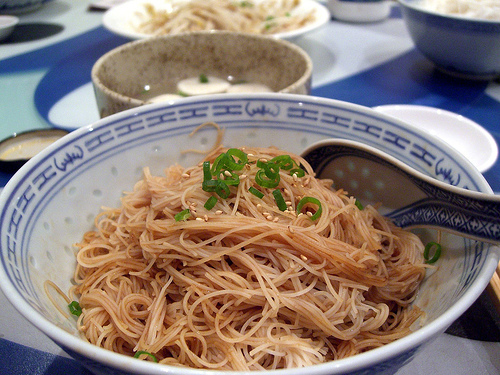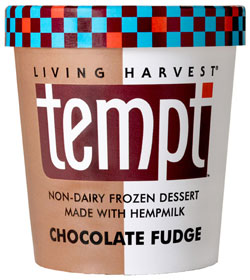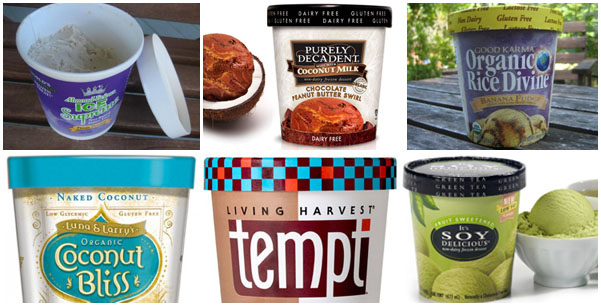Acne diet tips might seem strange, with all of the ads you see for special soaps, cleansers and medications telling us that acne is a problem with dirt or oil buildup. But the truth is, there’s a huge link between what you eat and what shows up on your skin.
Even if you don’t have severe issues with acne, pimples are never fun. Getting them when you’re older is a bit embarrassing – shouldn’t you know better? Aren’t you washing your face properly? Keeping your skin clean is important, but even more so is keeping your diet clean.
Skin issues, like eczema and acne, are often a symptom of an internal reaction to something. It could be an allergy, an overload of toxins in your blood stream, or just your body letting you know that you had too much of one particular thing. Sugary, fatty and spicy foods are really common triggers for skin eruptions.
Sometimes there’s a bigger underlying cause of acne – digestive problems, gland imbalances, a lymph blockage. If that’s the case, then you need to deal with that root cause before you can be free of acne for good.
Here are some general acne diet tips to try that you might find have a big impact.
5 Best Acne Diet Tips
1. Cleanse
Doing a cleanse or a detox is a great way to start cleaning up your system and your skin. Try a 3-day green smoothie cleanse, taking some spirulina or chlorophyll to purify your blood and minimize skin reactions.
Getting lots of water and fiber is really important during your cleanse – and all the time, really – to help flush triggers and toxins out of your system faster.
Cleansing Foods
Mildly pungent and bitter foods help to clean toxins from the liver, giving them less of a chance to cause acne. Try to incorporate them into meals on a regular basis.
- Beets
- Onions (all types)
- Celery
- Asparagus
- Cabbage
- Broccoli
- Cauliflower
- Brussels sprouts
- Turnips
- Romaine lettuce
- Alfalfa
- Bitter greens, like watercress, radish, dandelion and mustard greens
- Quinoa
- Citrus peel
- Spices: ginger, turmeric, cardamom, cumin
- Herbs: basil, bay leaves, marjoram, dill, rosemary
2. Skin-Nourishing Foods
Beta-carotene is one of the most important nutrients for healthy skin. Eating lots of beta-carotene-rich foods (yellow and green vegetables and fruit) helps nourish and strengthen your skin, making it less prone to breakouts.
- Carrots
- Winter squash and pumpkin
- Dandelion greens
- Beet greens
- Spinach
- Kale
- Collards
- Swiss chard
- Apricots
- Peaches
- Cantaloupe
- Mango
Essential fatty acids (EFA) are another super-important skin nutrient. Although bad fats can trigger acne, good fats are crucial for healthy skin.
- Nuts and seeds, especially ground flax or chia seeds
- Avocados
- EFA supplements (oils or capsules)
3. Eliminate Common Triggers
There are some things that show up really often as triggers for acne. They might not be a trigger for you, but it doesn’t hurt to try eliminating them to know for sure. Finding your trigger – the root cause – is really one of the most important acne diet tips.
- Rancid and trans fats (e.g. refined oils, fried foods, processed foods)
- Caffeine
- Spicy foods
- Dairy (cheese, yogurt, milk, etc)
- Chemically processed and refined foods
- Alcohol
- Soda
- Cigarette smoke
4. Eliminate Sugars
Acne is sometimes called ‘diabetes of the skin’ because it’s so closely linked with sugar. Refined (white) sugar is especially bad, so avoid the obvious like candies, chocolate, ice cream, cookies and muffins. Almost any sweet treat you buy in a store or restaurant is made with white sugar and/or high-fructose corn syrup.
Also be on the lookout for hidden sources of sugar – like milk (both vegan and dairy – especially flavored ones), juice, ketchup, salad dressing and other processed foods.
I know this one can be really tough to put into practice. But just look at it as eliminating sugar for a set period of time – 2 weeks, or 3 if you can handle it. See if it has any positive effects on your skin. Have some fruit when your sweet tooth kicks in, and stay strong by thinking of the clear skin you can have.
5. Supplements
Sometimes a skin issue is an outward symptom of a deficiency of a certain nutrient. The most important nutrients for your skin are the antioxidants – vitamins A, C, E, zinc and selenium. Getting more of these than are in a multivitamin can really help. You can often find a combination supplement that includes those nutrients specifically, like this Daily Protector.
Have you ever had issues with acne? What have you found that works? Let me know below.
Image credit: Heather Nauta of HealthyEatingStartsHere.com
